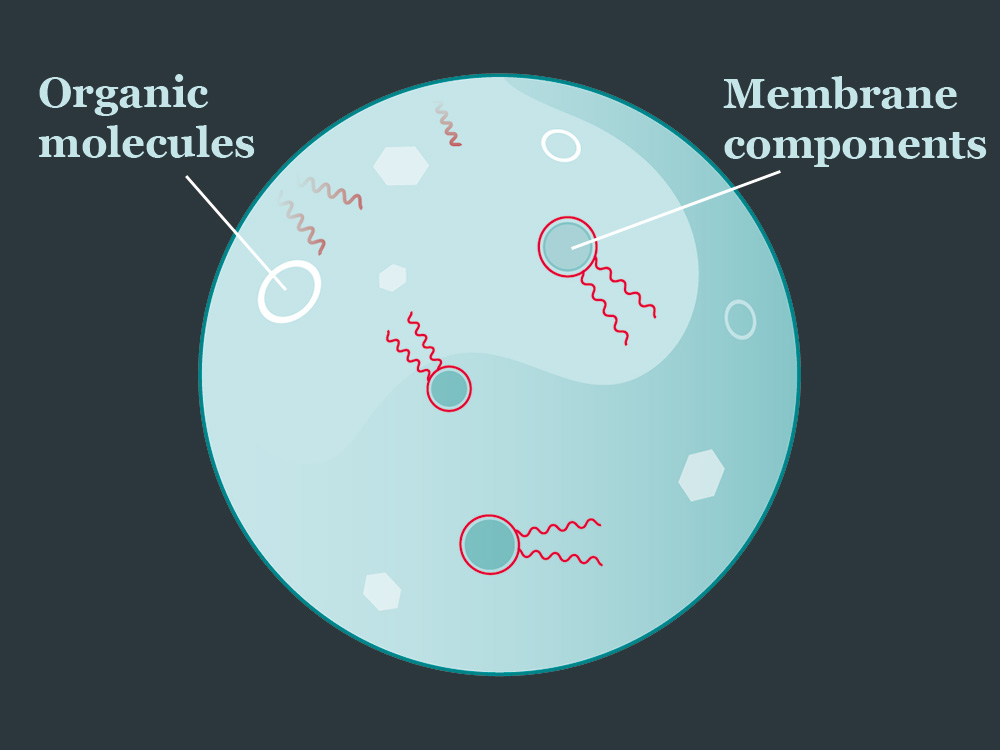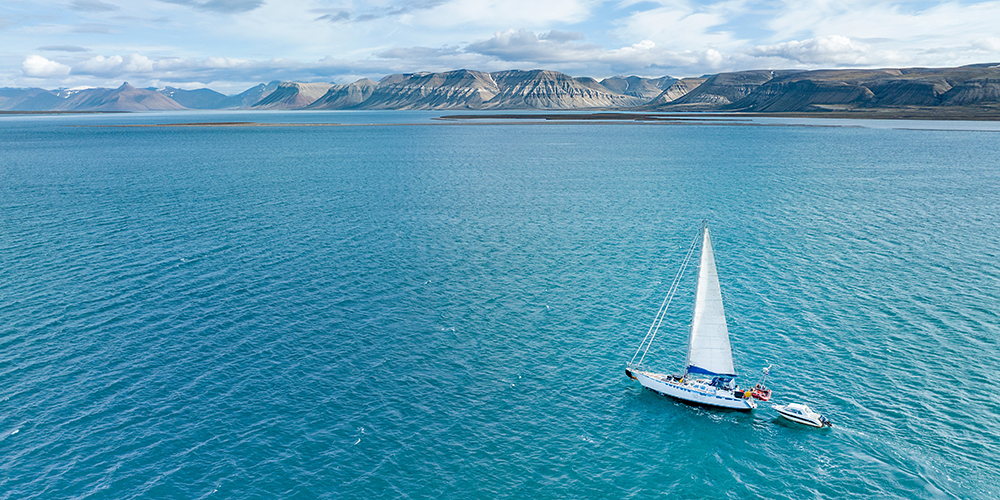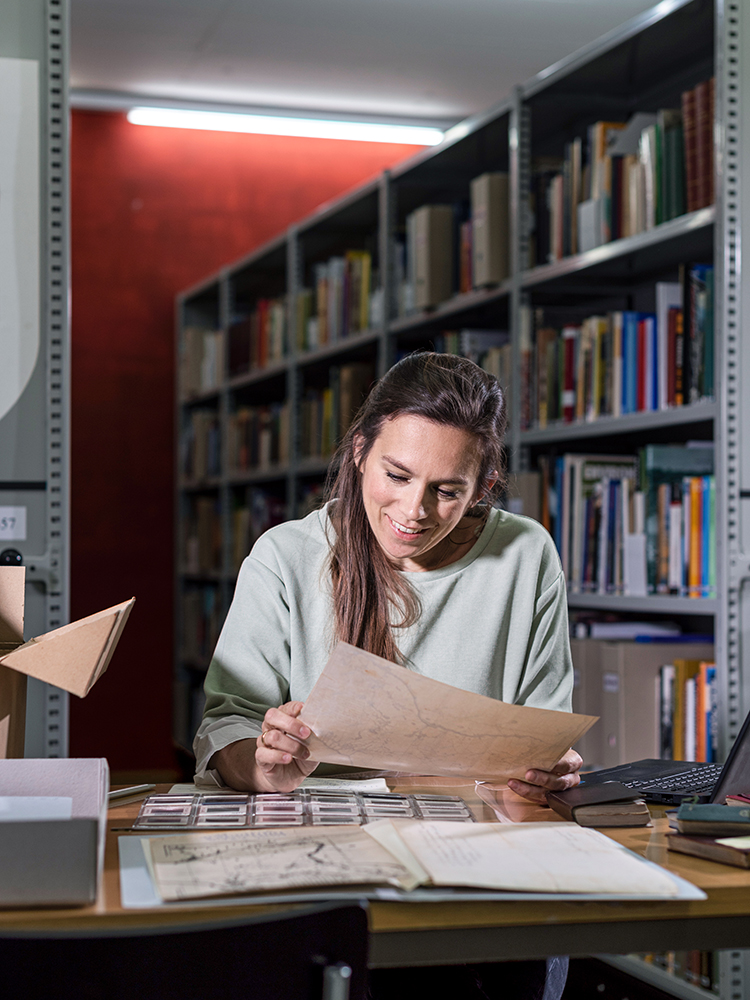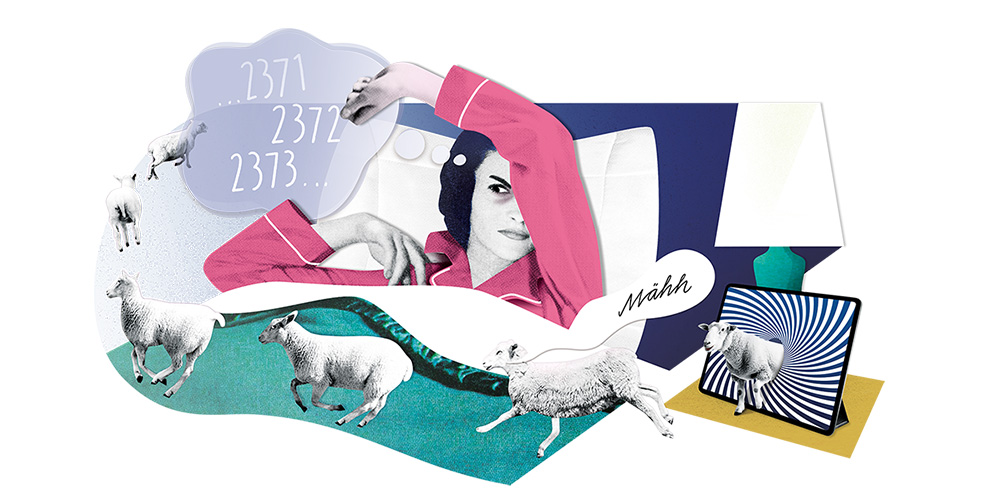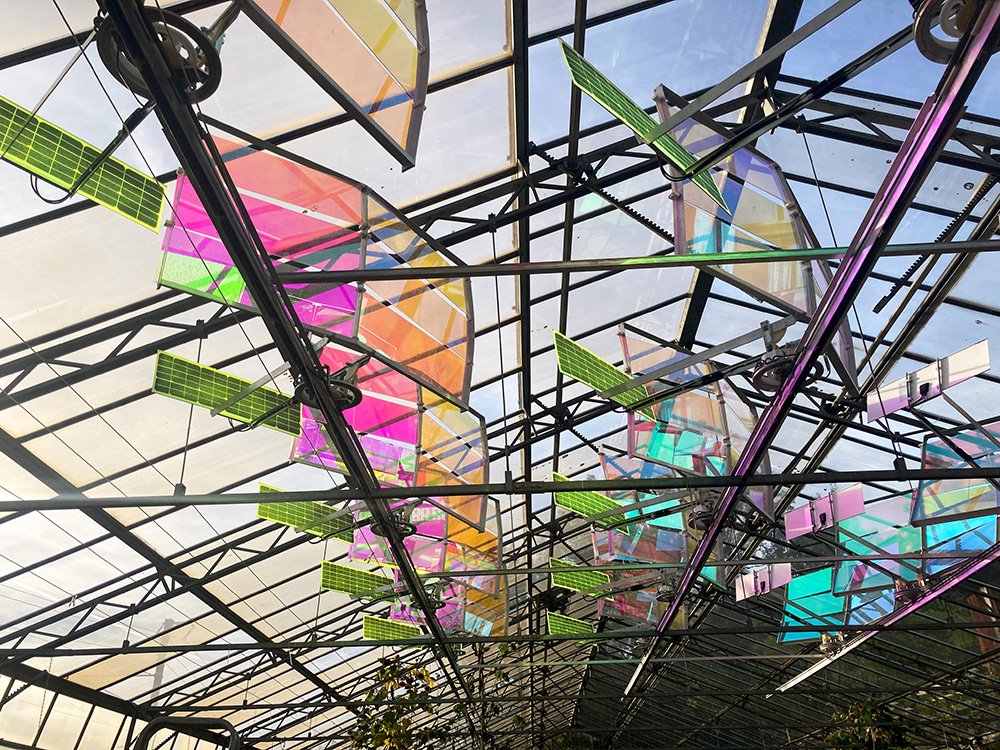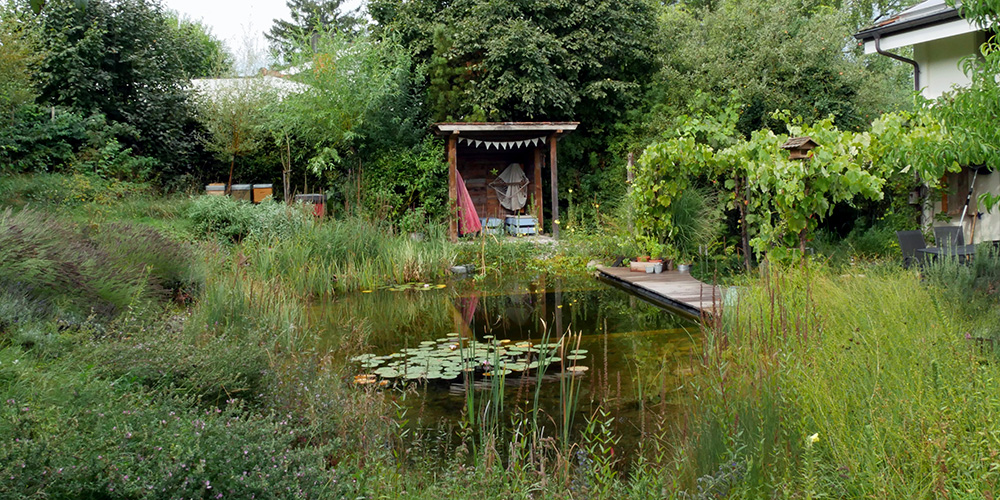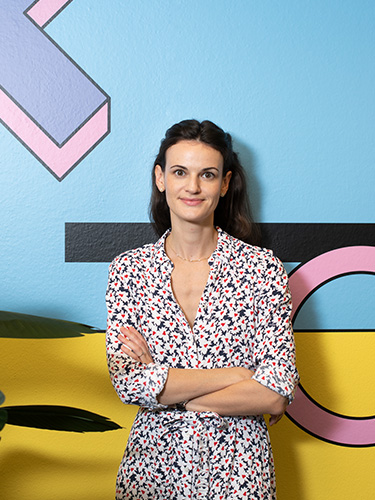This side and that. (02/2023)
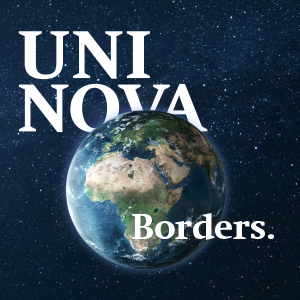
We not only encounter borders on the map, they also influence interpersonal relationships and are at the biological origin of life. UNI NOVA sheds light on how borders divide, connect and challenge.
Subscribe to our newsletter-
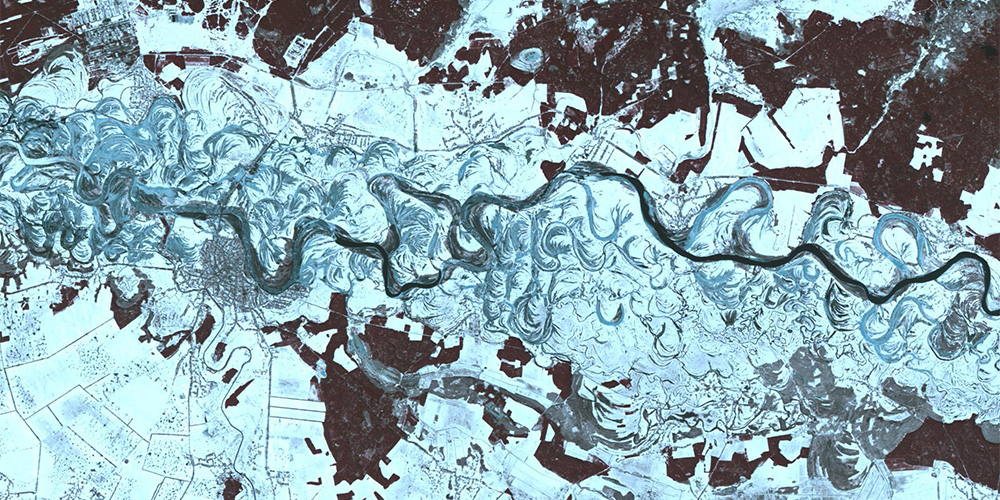 Dossier
DossierEmbattled land.
Text: Olena Palko / For the first time since the end of World War II, military force has shifted borders on the European continent. What does the war in Ukraine mean for Europe?
-
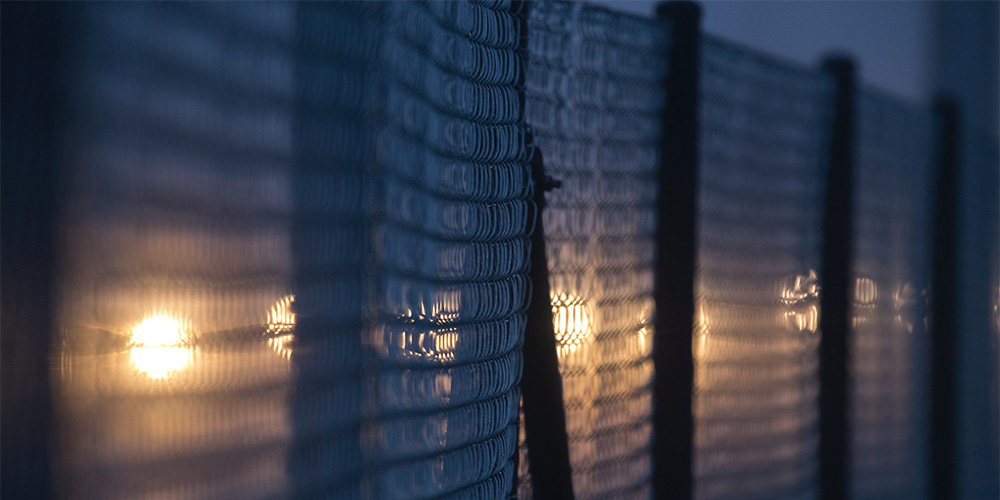 Dossier
DossierEurope is losing its credibility.
Interview: Urs Hafner / Every year, thousands of migrants drown in the Mediterranean. Switzerland could be doing more to improve the situation, says legal scholar Peter Uebersax.
-
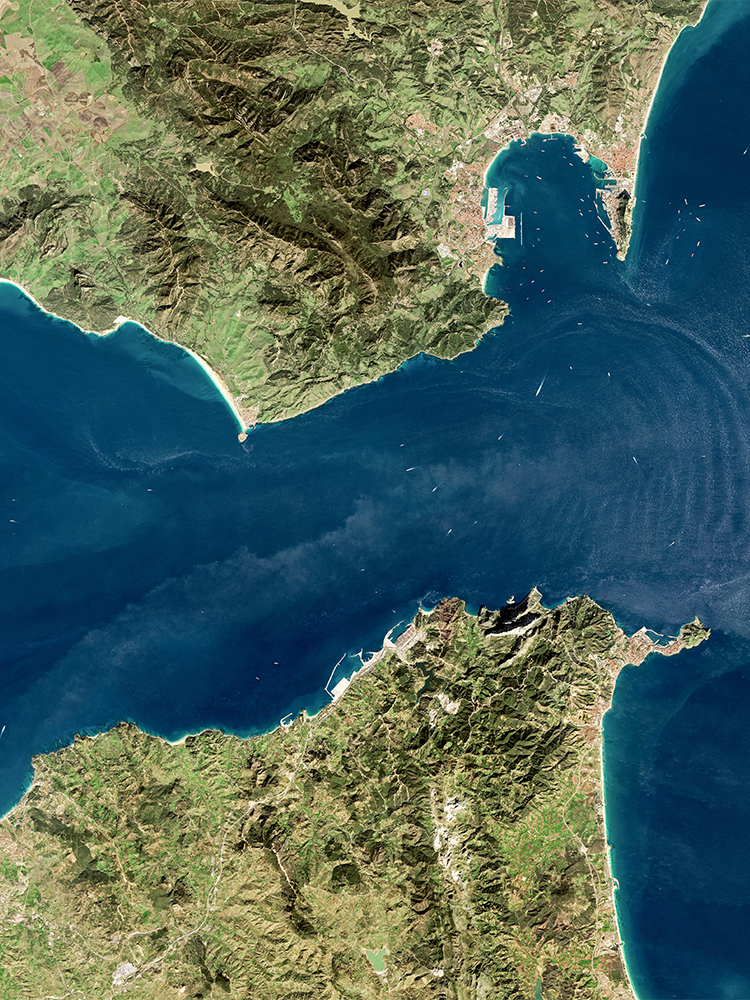 Dossier
DossierAt home in the mix.
Text: Noëmi Kern / Borders are a part of everyday life in Gibraltar and shape the language used there. For the people living in Gibraltar, language is therefore more than just a means of communication.
-
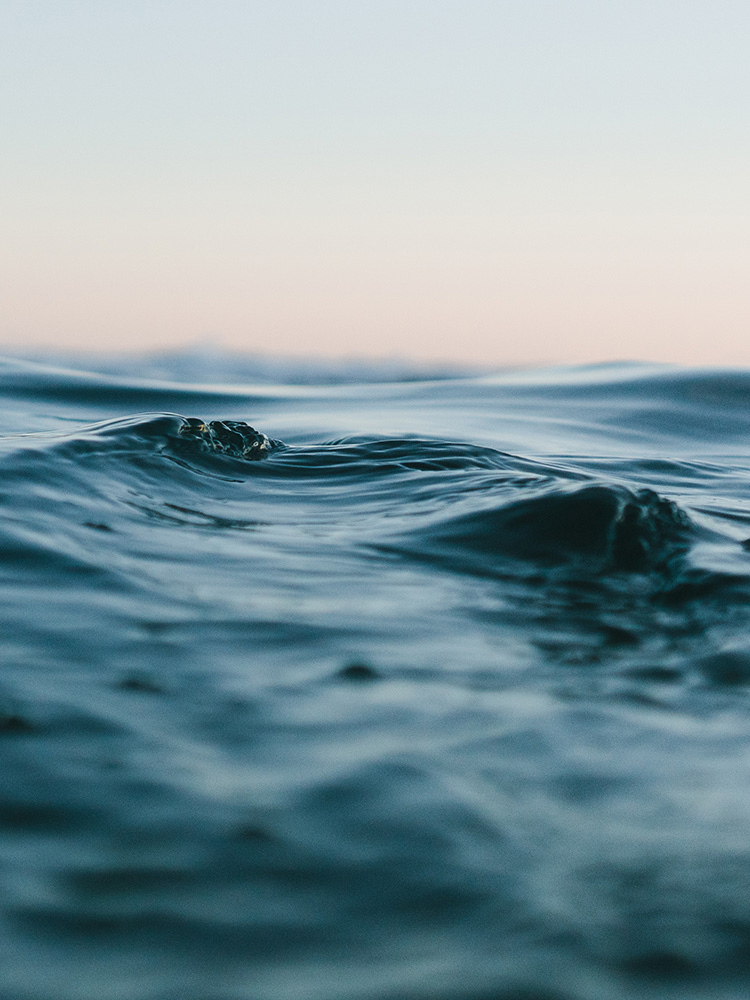 Dossier
DossierA shrinking feeling.
Text: Andreas Grote / With rising sea levels, island and coastal states are losing ever more of their maritime zones. Pacific islands are therefore demanding new rules on drawing boundaries at sea.
-
 Dossier
DossierThis far and no further!
Interview: Noëmi Kern / In everyday life, we set boundaries with our fellow human beings to a greater or lesser extent. Developmental psychologist Alexander Grob explains how this can strengthen our own identity.
-
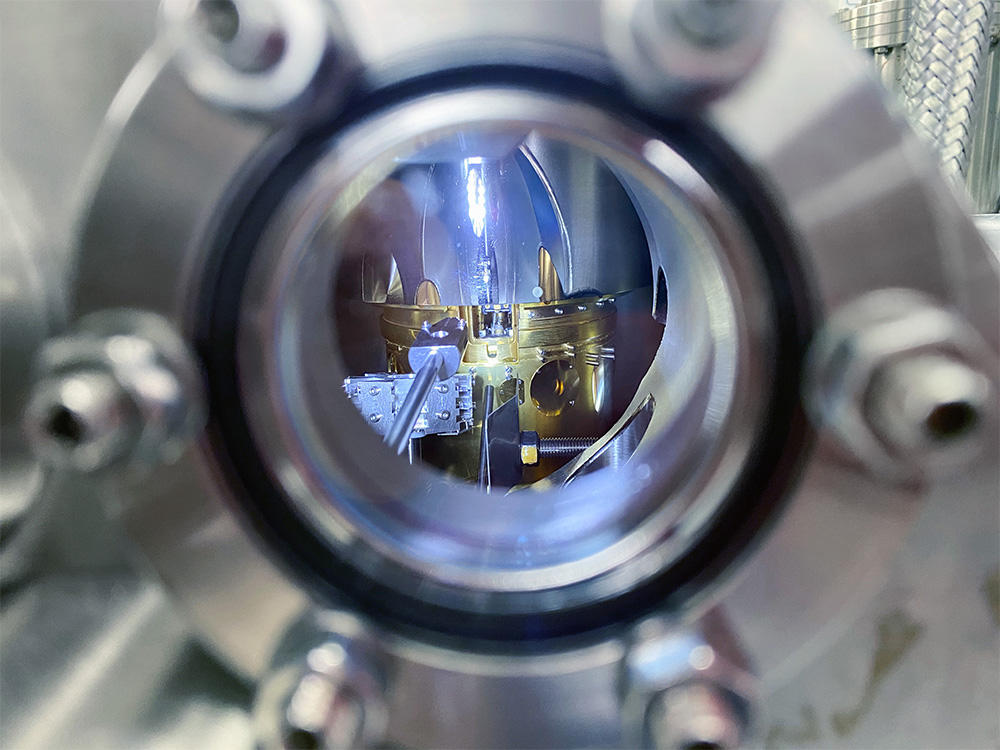 Dossier
DossierNew horizons.
Text und Fotos: Christine Möller / In the world of tiny structures, the boundaries between disciplines such as physics, chemistry, biology, medicine and materials science break down. We look at five examples where researchers meet — and extend — the boundaries of the nanoworld.
-
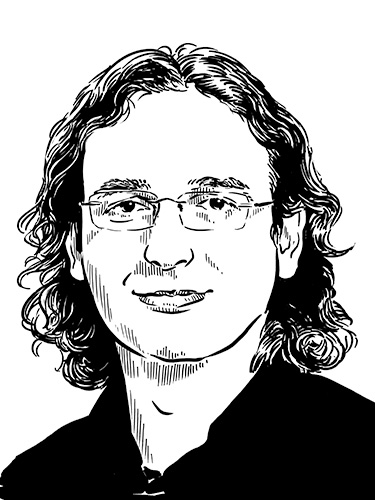 Opinion
OpinionWhat challenges does the energy transition bring, Mr. Weigt?
Text: Hannes Weigt / Renewable energies are intended to replace fossil fuels. Many questions, however, remain unanswered. Some thoughts from experts in economics and in environmental sciences.
-
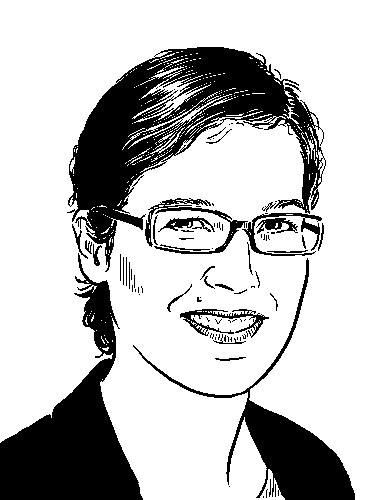 Opinion
OpinionWhat challenges does the energy transition bring, Ms. Delzeit?
Text: Ruth Delzeit / Renewable energies are intended to replace fossil fuels. Many questions, however, remain unanswered. Some thoughts from experts in economics and in environmental sciences.
-
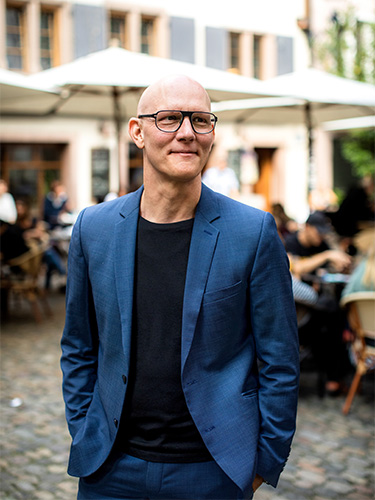 In conversation
In conversation“Language is an instrument of power.”
Interview: Urs Hafner / What is OK to say? It’s a hot topic. Linguist Martin Luginbühl criticizes the lack of linguistic awareness in current debates on the “gender asterisk” in German and reducing discrimination in language use.
-
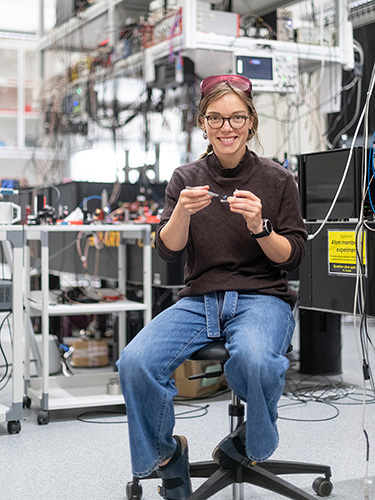 Research
ResearchImmersed in a different world.
Text: Maryse Ernzer, physicist / In the column "Why I'm passionate about my subject", young researchers talk about what excites them about their field. Maryse Ernzer is a postdoc in Philipp Treutlein's research group at the Department of Physics at the University of Basel.
-
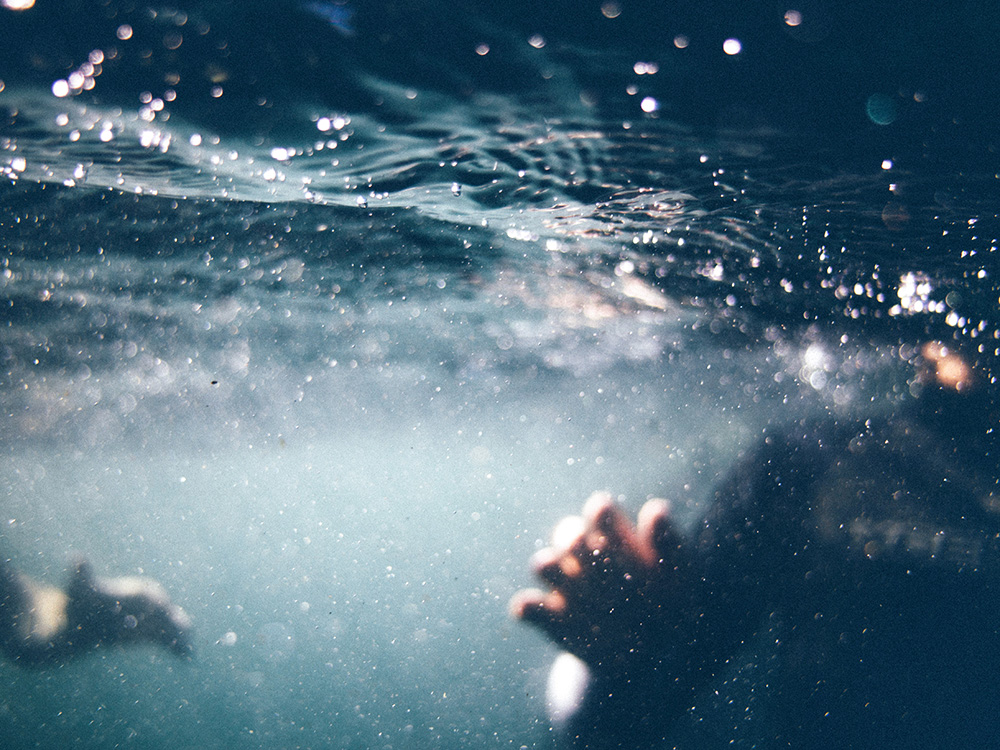 Research
ResearchSarah's alive.
Text: Eva Mell / A little girl falls into a bitterly cold pond. When her father finds her, she has no pulse. Her chances of survival are poor. But at the University Children's Hospital Basel, the improbable is about to take place.
-
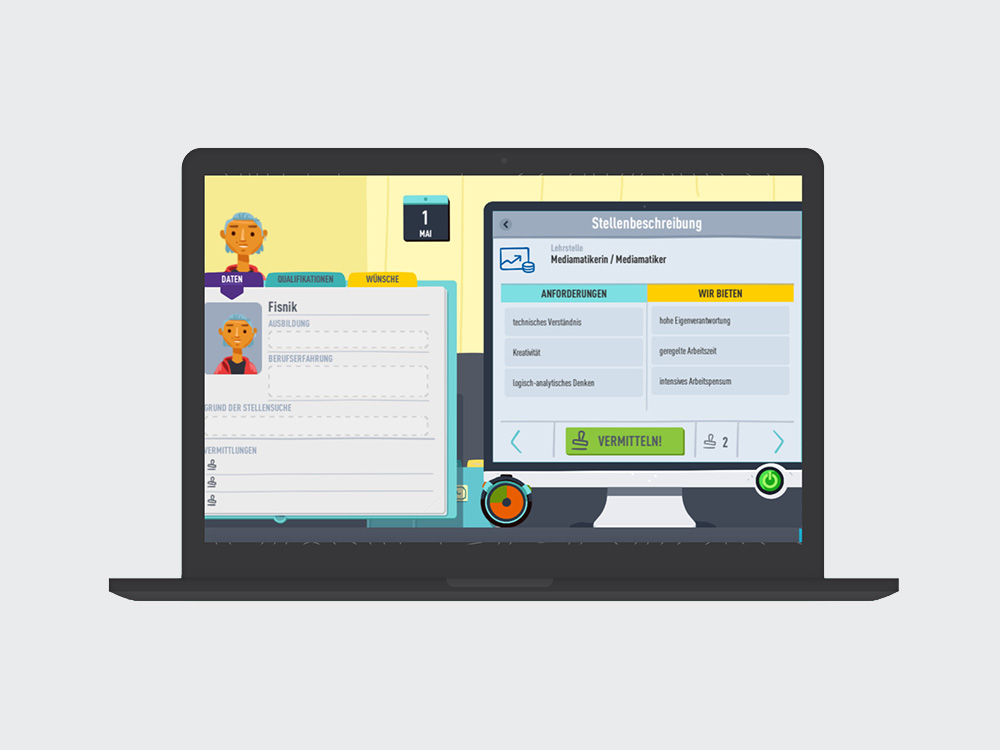 Research
ResearchA fun way to the perfect career.
Text: Béatrice Koch / The digital tool “like2be” helps young adults learn even more about familiar jobs and discover new career options. It also allows them to explore their personal interests – and have fun along the way.
-
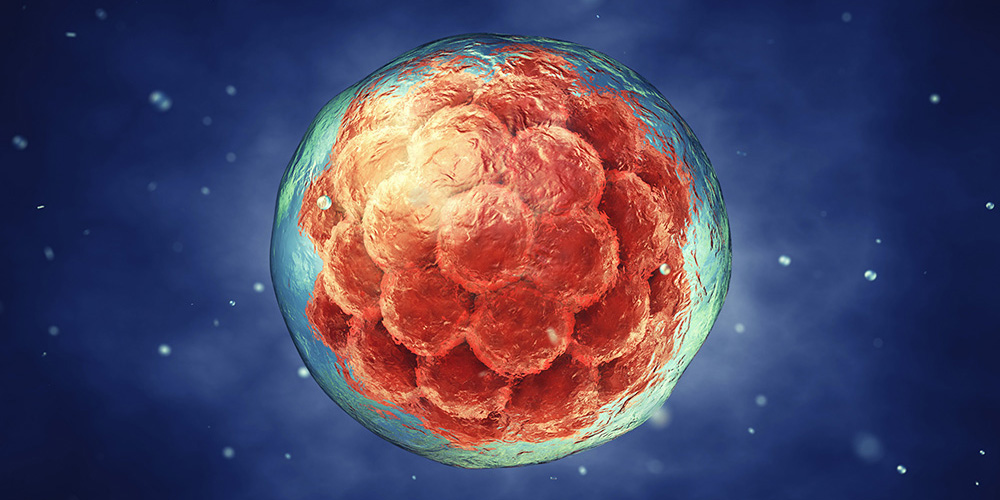 Research
ResearchShould Switzerland allow embryo donation?
Text: Irène Dietschi / In Switzerland, couples left with surplus embryos after IVF are not allowed to donate them to other infertile couples. Lawyer Valentina Christen-Zihlmann investigates whether this ban is still in keeping with the times.

